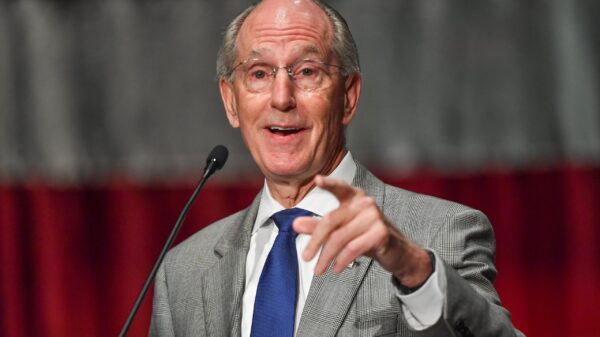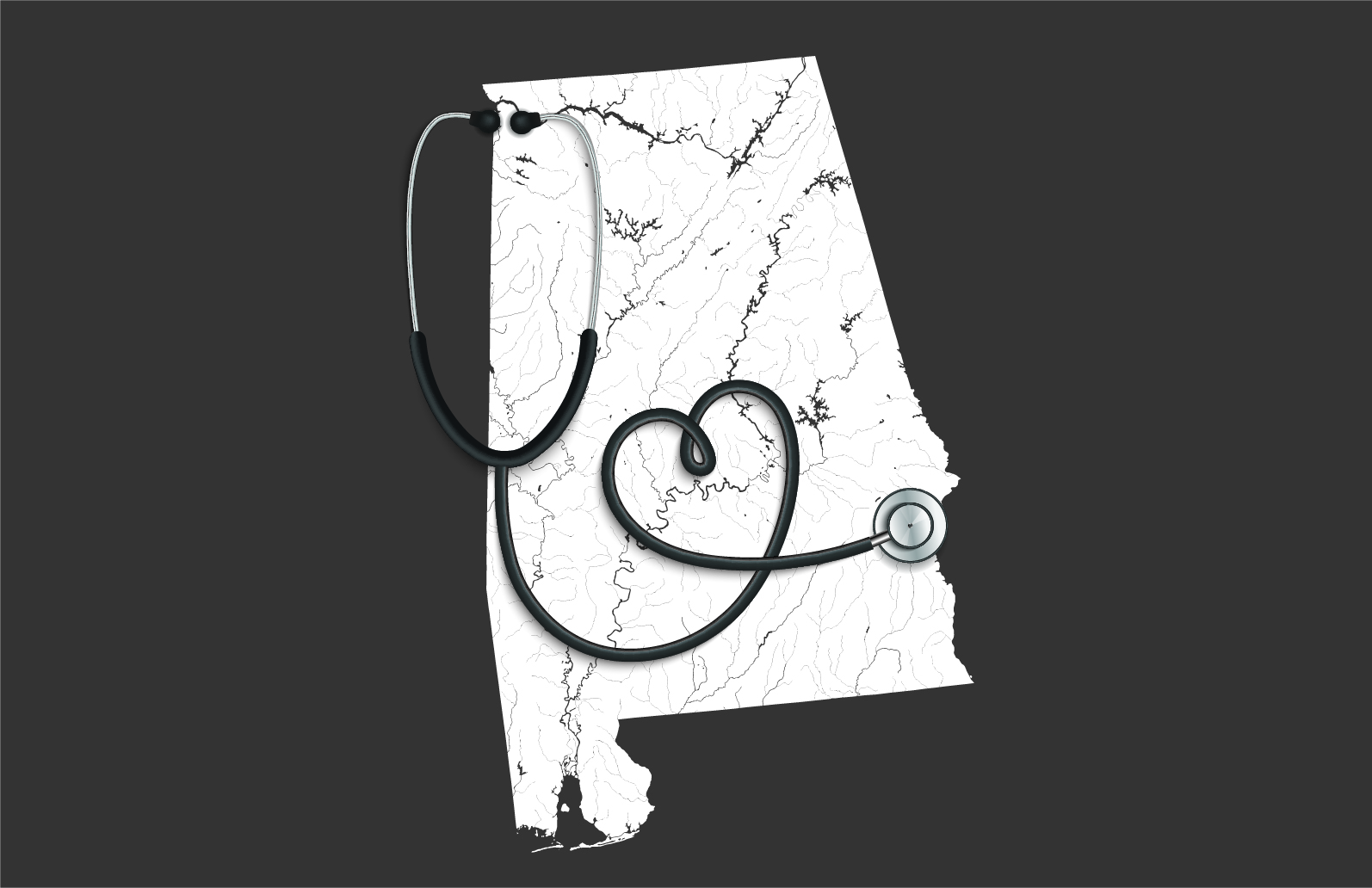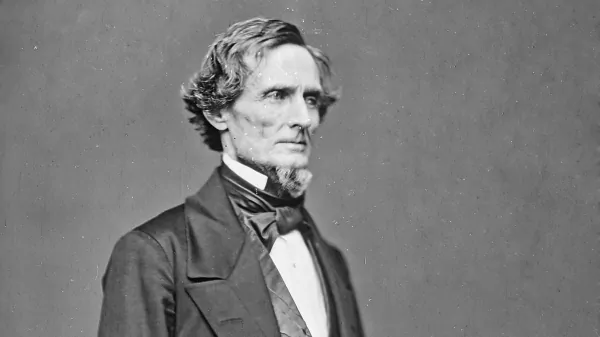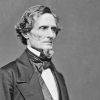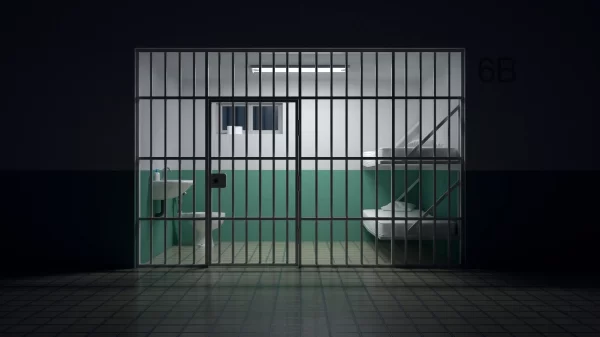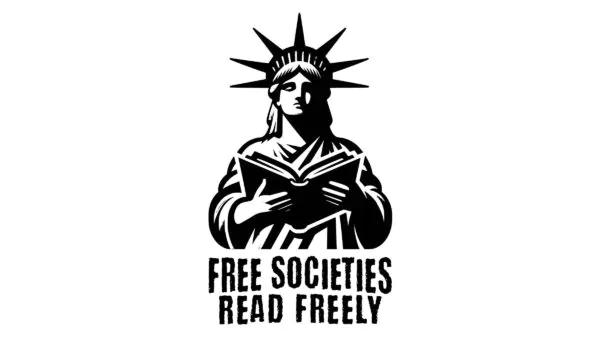Rep. Arnold Mooney, R-Indian Springs, told a Senate committee Wednesday that his bill HB385 would “provide that the use of any premise to distribute to minors any material that is harmful to minors is a public nuisance.”
But that’s not actually what the law says. Here’s what the language of the new version of the law says: “…the use of any premise to distribute any material that is obscene or harmful to minors … is a public nuisance.”
Spot the difference? I don’t blame you if you missed it. The change is minor—but it could have a major impact.
Let me run them by you one more time next to each other to show the difference:
Mooney said “…the use of any premises to distribute to minors material harmful to minors is a public nuisance.”
The bill says “…the use of any premises to distribute material harmful to minors … is a public nuisance.”
What Mooney said would more closely follow the spirit of the current law, which simply states the use of any premises to distribute obscene materials to minors is a public nuisance. But that’s Mooney’s quote, not the language of the bill.
As seen on the Alabama Legislature website, the bill operates by amending current statute in part by cramming the phrase “material harmful” in front of the existing language “to minors.”
But by doing so, the phrase “to minors” has been sucked into a larger phrase “material harmful to minors,” radically altering the meaning of the law.
For comparison, imagine if a current statute said that a premises is a public nuisance if it “sells cigarettes to minors.” Now imagine an amendment that changes it to say “sells cigarettes and other nicotine products harmful to minors.”
Further than expanding the law to vape and e-cigarette products, this would make all sellers of cigarettes or vapes a public nuisance regardless.
Likewise, the language in HB385 would apparently apply to any premises that sells “material harmful to minors.” What constitutes “material harmful to minors” is a whole other can of worms, but based on the book challenges that have inspired the law, many books or R-rated DVDs could be seen as violating the law.
So if Wal-Mart wants to sell the multiple-Oscar-winning film Poor Things—which is full of sex and nudity—to adults: that’s a public nuisance.
A movie theater wants to screen the 2022 Best Picture winner Everything Everywhere All at Once? That’s a public nuisance.
A vendor at a flea market puts out a 20-year-old VHS copy of American Pie for a buck? That’s a public nuisance.
And for all the book “challengers” saying they don’t want to ban books, just move them to the adult section? That’s a public nuisance. That’s what this bill says.
This bill should not just be amended to fix this language, it should go away never to be seen again.
But if it is going to come out of the Senate in these last four days of the legislative session, this obvious flaw, at least, must be fixed.


